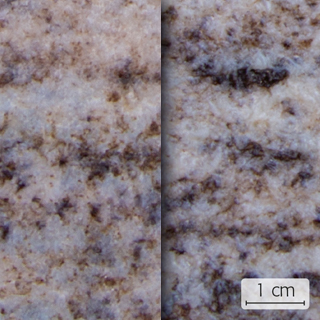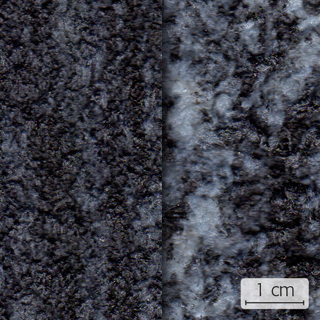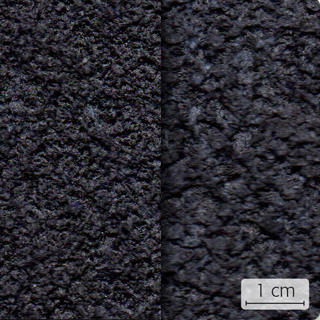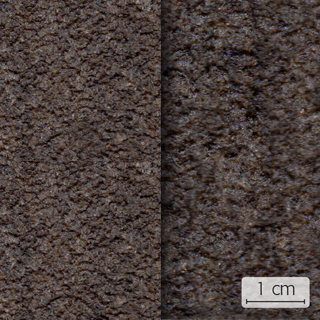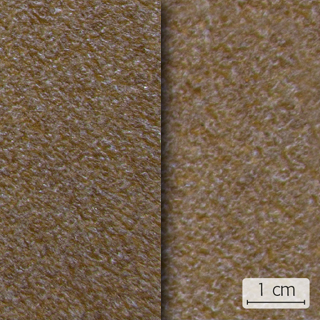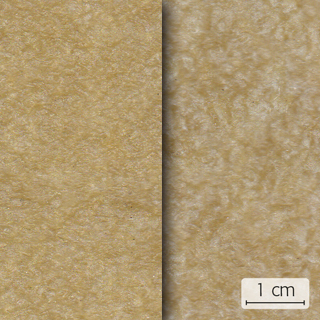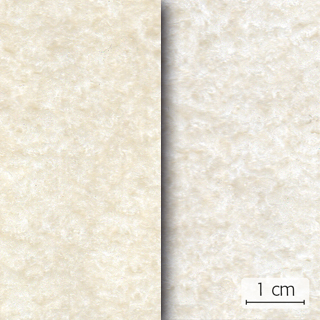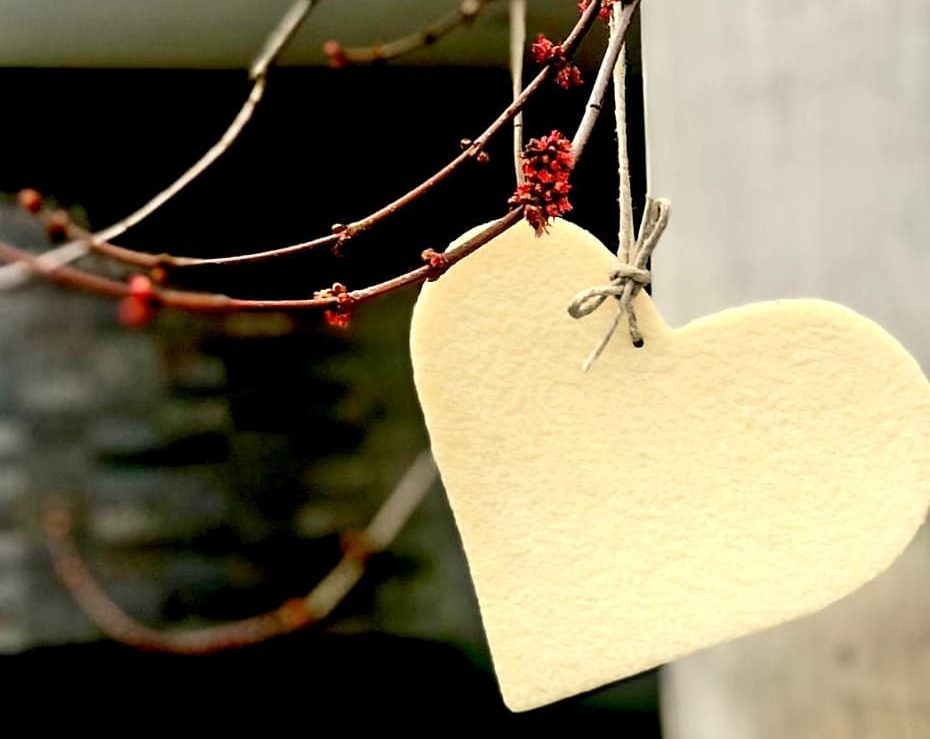Natural rubber
Natural rubber has exceptional qualities; it is the noblest material among those used for footwear soles. Its elasticity, its natural semitransparent look and its smell of wood are evident from the start in the processing phase.
The production of natural rubber is sustainable because the tree which rubber latex is obtained from (Hevea Brasiliensis) is not cut down and destroyed; on the contrary, the latex exudes and drips from the tree after cutting a thin strip of bark; it is collected over a period of hours, after which the tree is allowed to rest.
Raw rubber is obtained from the coagulation of latex and it is processed through cold working to give it the required shape and make it ready for further stages of production. The final product is called Sole Crepe.
The internal tensions and the shade variation of natural rubber intensify the beauty of its aspect: these differences and nuances are due to the natural differences of each tree, as well as of the harvesting season and place of origin. As happens with wood, whose venation is similar in different pieces but never identical, every single Crepe sole is unique in its look.
Waste and scraps are totally recyclable resulting in a lower environmental impact.
Not only is this material so soft that it considerably reduces the impact on the joints while walking, but, unlike synthetic materials such as polyurethane and microcellular rubber, its softness is also very long-lasting.
Natural rubber has a special place among natural substances. People have always been impressed by its elasticity, which is unmatched in nature: over 3.000 years ago solid rubber balls were already used in America in a ritual game.
As far back as two centuries ago scientists were already experimenting with rubber. To explain its elasticity, Lord Kelvin, the famous physicist, conducted the first scientific thermodynamic study on natural rubber.
With an experience of 60 years in synthetic rubber, Ilga is starting to produce natural rubber in a whole new plant. After 2 years’ laboratory experimenting and trials to improve our understanding of the material, Ilga has set up a new factory, where the constant monitoring of the manufacturing process allows the progressive recalibration of the mechanical action of the machinery in order to obtain constant thickness and hardness.

